The history of Swansea, Massachusetts, is a captivating tale that unfolds over centuries, revealing the town’s evolution from its colonial origins to its present-day character.
Founded in 1667 by English settlers, Swansea boasts a rich and storied past shaped by significant events, cultural influences, and community resilience.
From early interactions with indigenous peoples to its role in colonial conflicts and industrialization, Swansea’s history reflects the broader narrative of American settlement and development.
As one of the oldest towns in Bristol County, Swansea has witnessed dramatic changes and enduring traditions that continue to shape its identity today.
History Of Swansea Massachusetts
Bristol County, Massachusetts, Swansea boasts a fascinating history that spans centuries, from its colonial beginnings to its modern-day charm.
Here are some historical pieces of evidence that illuminate Swansea’s past:
Early Settlement
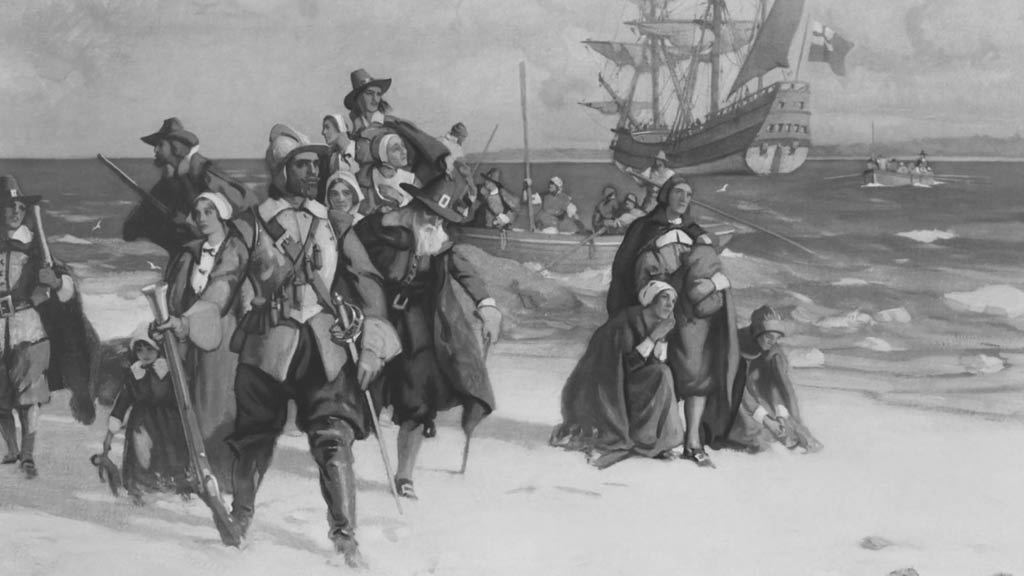
Swansea was first settled in 1667 by colonists from Plymouth Colony, making it one of the earliest English settlements in the region.
The town’s fertile land and proximity to the coast attracted settlers seeking agricultural opportunities and access to maritime trade routes, laying the foundation for Swansea’s early growth and development.
King Philip’s War
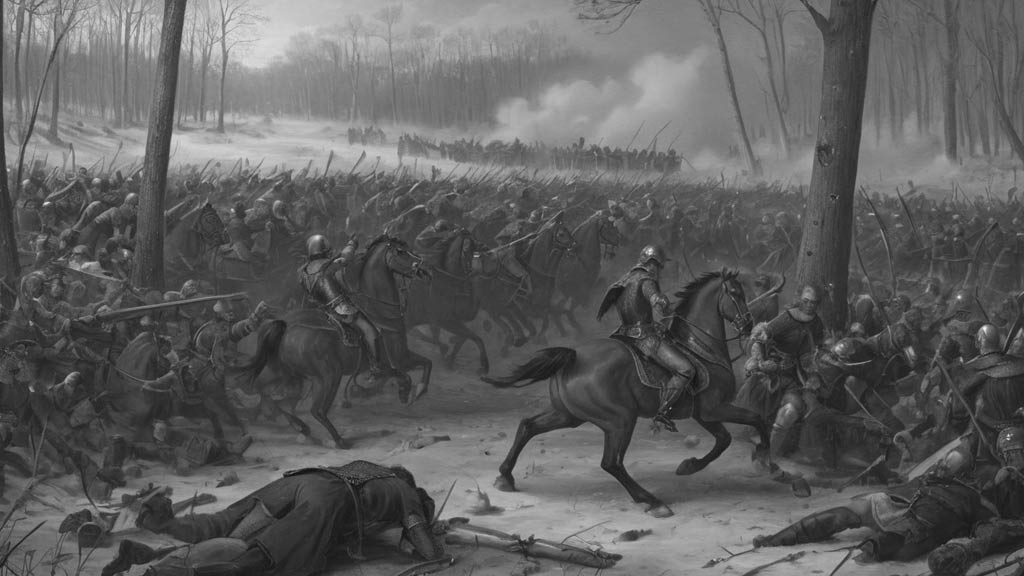
Swansea played a significant role in King Philip’s War (1675-1676), a conflict between Native American tribes and English colonists.
The town was the site of several skirmishes and attacks by Native American warriors led by Metacomet, also known as King Philip.
These violent encounters left a lasting impact on Swansea and its residents, shaping the town’s history and relations with indigenous peoples.
Shipbuilding Industry
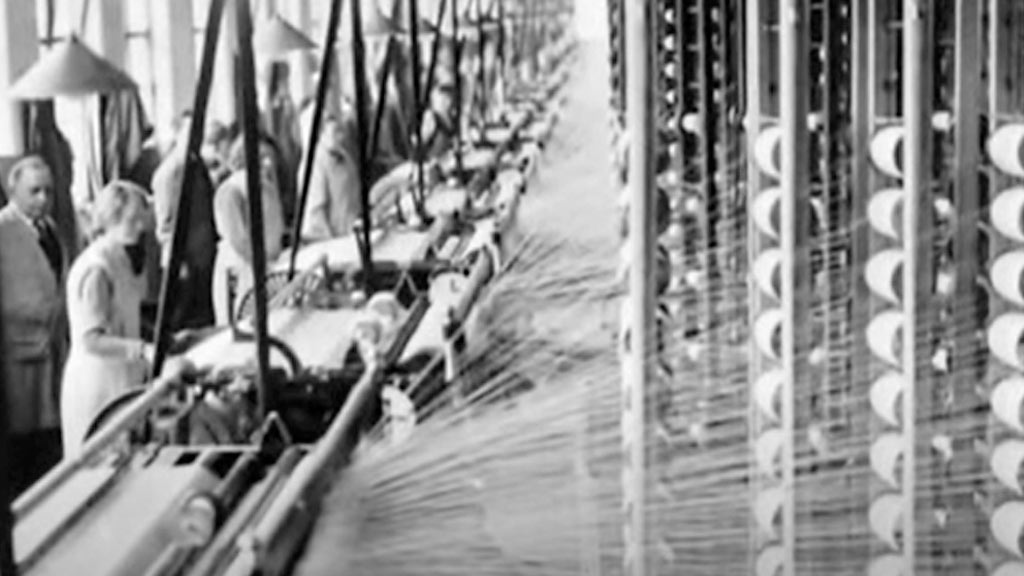
In the 18th and 19th centuries, Swansea became known for its thriving shipbuilding industry, fueled by its access to timber resources and proximity to navigable waterways.
Shipyards along the Taunton River and Mount Hope Bay produced vessels ranging from fishing boats to merchant ships, contributing to Swansea’s economic prosperity and maritime heritage.
Revolutionary War
During the Revolutionary War, Swansea was a hotbed of patriotic fervor and resistance to British rule. Local militia units mobilized to defend the town against British incursions and support the colonial cause for independence.
Swansea’s residents played an active role in the war effort, contributing soldiers, supplies, and support to the Continental Army.
Industrialization
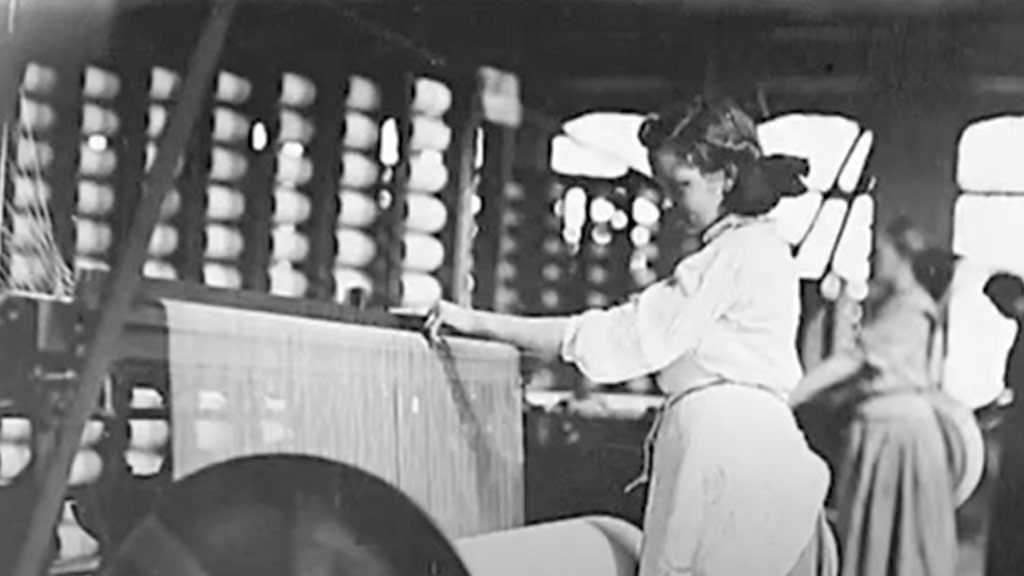
In the 19th century, Swansea experienced industrialization as mills and factories began to dot the landscape, harnessing water power from the town’s rivers and streams.
Textile mills, gristmills, and ironworks emerged, driving economic growth and attracting workers seeking employment opportunities in the burgeoning industrial sector.
Immigration and Ethnic Communities
Swansea’s history is shaped by waves of immigration, with successive waves of newcomers from Europe and beyond leaving their mark on the town’s cultural landscape.
Irish, Portuguese, and French Canadian immigrants, among others, settled in Swansea, forming tight-knit ethnic communities and contributing to the town’s cultural diversity.
Modern Development
In recent decades, Swansea has experienced suburban development and population growth as residents seek a blend of rural charm and modern amenities.
he town’s historical landmarks, scenic landscapes, and a strong sense of community continue to attract newcomers, while efforts to preserve Swansea’s heritage ensure that its rich history remains a source of pride for generations to come.
Agricultural Heritage
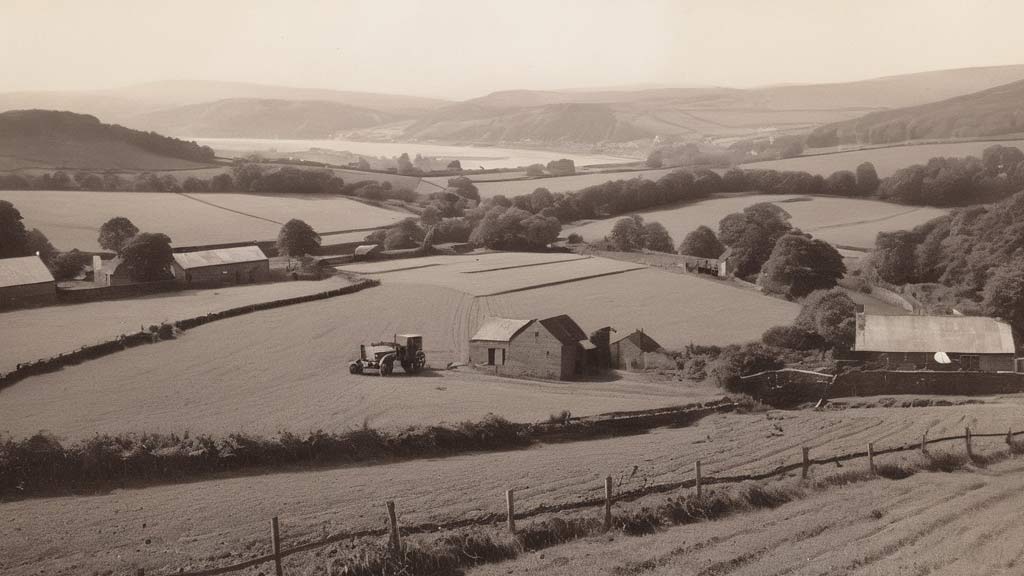
Throughout its history, Swansea has been characterized by its agricultural heritage, with farms and orchards dotting the landscape. The fertile soil and favorable climate provided ideal conditions for farming, and agriculture played a vital role in the town’s economy and sustenance.
From dairy farms to cranberry bogs, Swansea’s agricultural legacy continues to shape its rural character and way of life.
Quaker Settlement
Swansea was home to a significant Quaker community in the 17th and 18th centuries, with several Quaker meetinghouses established in the town.
Quakers played an active role in Swansea’s religious and social life, advocating for peace, equality, and social justice. The legacy of Swansea’s Quaker settlers is evident in the town’s historic meetinghouses and Quaker burial grounds.
Transportation Networks
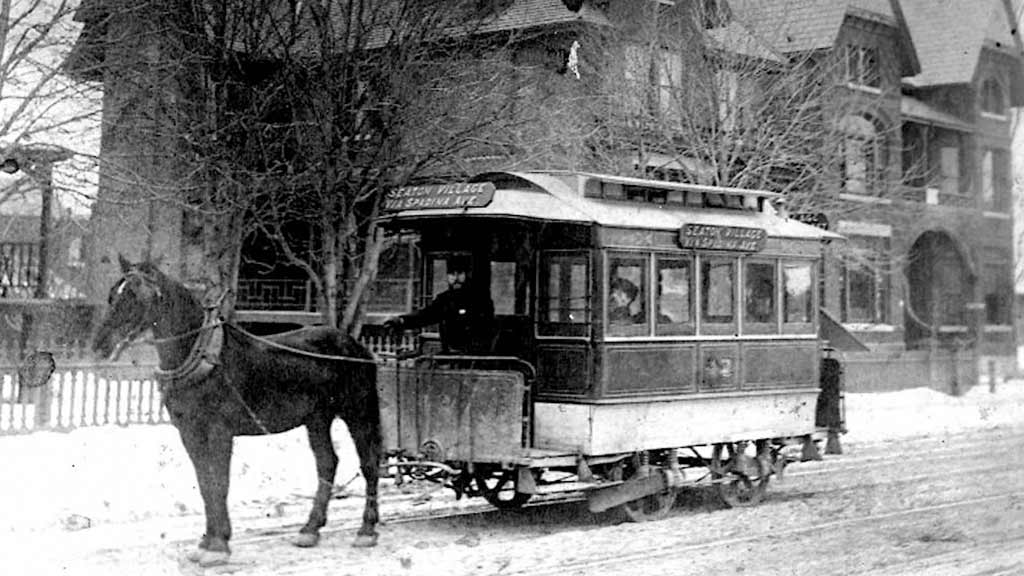
Swansea’s history is intertwined with its transportation networks, including early colonial roads, stagecoach routes, and later railroad lines.
These transportation arteries facilitated the movement of goods, people, and ideas, connecting Swansea to neighboring towns and cities and contributing to its economic growth and development as a regional hub.
Fortifications
During times of conflict, Swansea erected fortifications to defend against attacks from Native American tribes and other adversaries.
Forts and garrisons were strategically positioned throughout the town, providing protection for settlers and serving as centers of defense during periods of unrest.
The remnants of these fortifications serve as tangible reminders of Swansea’s military history and colonial struggles.
Historic Landmarks

Swansea is home to numerous historic landmarks and sites that reflect its rich history and cultural heritage.
These include historic homes, churches, and cemeteries, as well as museums and interpretive centers that preserve and interpret Swansea’s past for present and future generations.
Maritime Traditions
As a coastal town, Swansea has a long history of maritime activities, including fishing, shipbuilding, and trade.
The town’s proximity to Mount Hope Bay and the Atlantic Ocean provided access to abundant marine resources and opportunities for maritime commerce, shaping Swansea’s economy and identity as a maritime community.
Cultural Festivals and Traditions
Swansea’s cultural festivals and traditions celebrate the town’s diverse heritage and bring residents together in celebration.
From annual fairs and parades to ethnic festivals and community events, Swansea’s cultural calendar is filled with opportunities for residents to connect, share their traditions, and celebrate their shared history and identity.
Who Was The Founder Of Swansea Massachusetts?
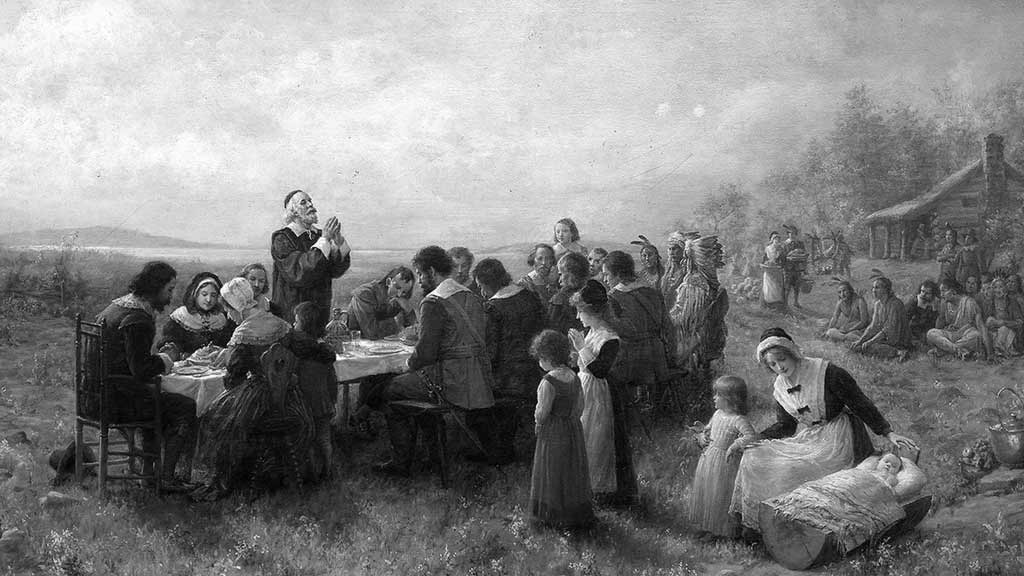
Swansea, Massachusetts, was founded in 1667 by the English settlers who migrated from the Plymouth Colony. However, the town’s roots extend further back to the initial interactions between European colonizers and indigenous peoples.
The town was established as part of the Plymouth Colony’s expansion efforts, with settlers attracted to the area’s fertile land and access to waterways for transportation and trade.
Among the prominent early settlers were individuals such as Miles Standish and William Bradford, who played significant roles in the founding and development of the Plymouth Colony.
These settlers encountered challenges and conflicts with the indigenous Wampanoag people, whose ancestral lands encompassed the area that would become Swansea.
Despite these tensions, the settlers persisted in establishing Swansea as a colonial outpost, shaping its early history and laying the groundwork for its future growth and development.
Is Swansea MA A Good Place To Live?
Nestled in Bristol County, Massachusetts, Swansea offers a unique blend of small-town charm, natural beauty, and community spirit that makes it an appealing place to call home.
Here are some reasons why Swansea is a good place to live:
Tranquil Suburban Setting
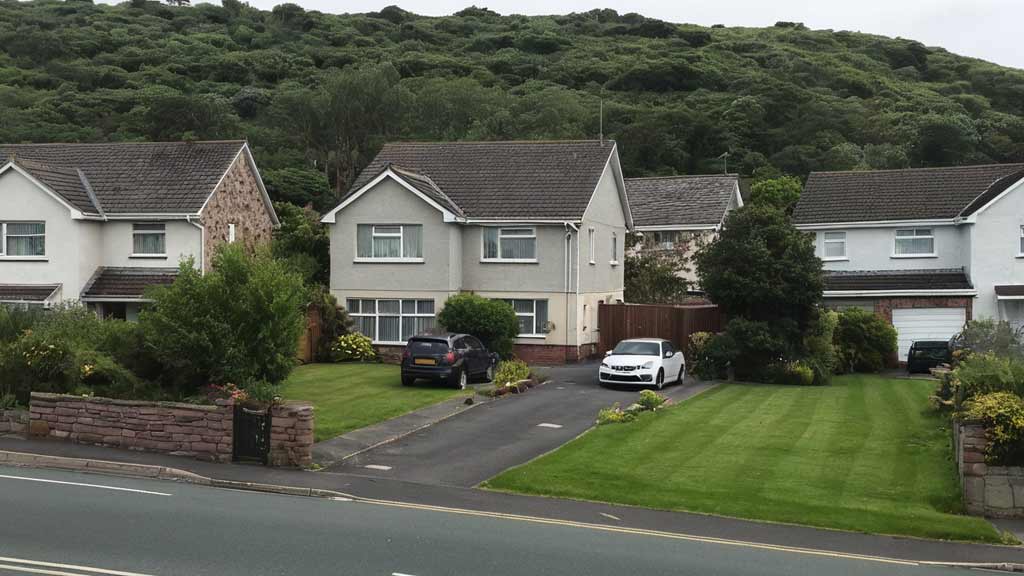
Swansea’s picturesque suburban setting provides residents with a peaceful retreat from the hustle and bustle of city life. Surrounded by lush greenery, tranquil neighborhoods, and scenic waterways, Swansea offers a serene environment for residents to relax and unwind.
Strong Sense of Community
Swansea boasts a strong sense of community, with residents coming together to support one another, celebrate local traditions, and participate in civic activities.
Whether it’s volunteering at community events, joining neighborhood associations, or attending town meetings, Swansea residents take pride in their community and actively contribute to its well-being.
Excellent Schools
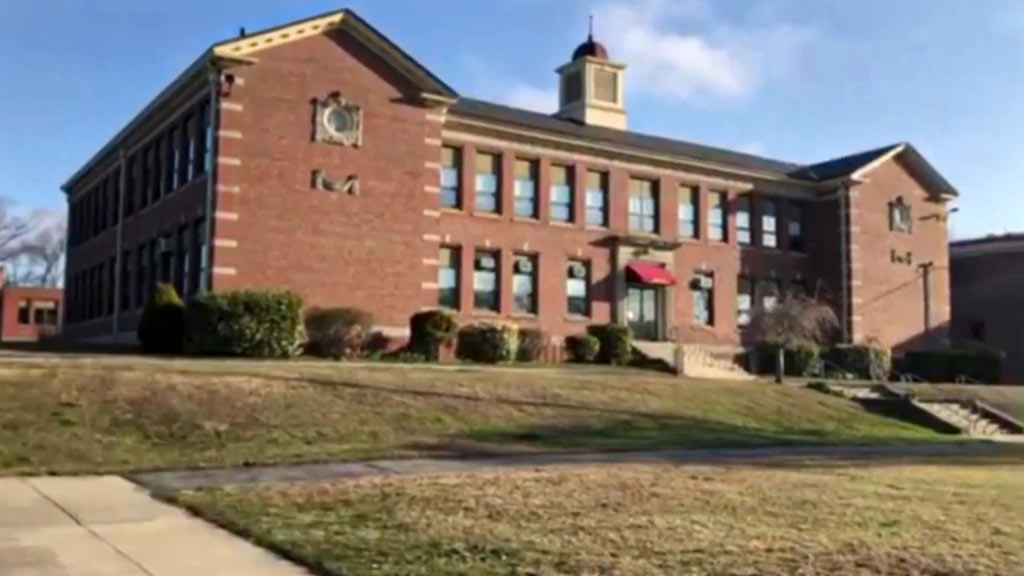
Swansea is home to top-rated schools that offer quality education and a supportive learning environment for students of all ages.
From highly acclaimed public schools to reputable private academies, Swansea’s educational institutions prioritize academic excellence, innovation, and student success.
Abundant Recreational Opportunities
Swansea’s natural surroundings provide ample opportunities for outdoor recreation and leisure activities. Residents can explore scenic hiking trails, enjoy water sports on the Taunton River and Mount Hope Bay, or relax at local parks and recreational facilities.
Swansea’s abundant green spaces and recreational amenities cater to residents of all ages and interests.
Convenient Location
Located just a short drive from Providence, Rhode Island, and Boston, Massachusetts, Swansea offers residents easy access to major metropolitan areas, employment opportunities, and cultural attractions.
Swansea’s convenient location near major highways and transportation hubs makes commuting and traveling a breeze for residents.
Safe and Family-Friendly Environment
Swansea is known for its safe and family-friendly environment, low crime rates, and welcoming neighborhoods.
Families can feel confident raising children in Swansea, knowing that they are surrounded by a supportive community and a variety of family-friendly amenities and services.
Affordable Housing Options
Swansea offers a range of housing options to suit various lifestyles and budgets, from historic colonial homes to modern single-family residences and condominiums.
With competitive home prices and reasonable property taxes, Swansea provides affordable housing options for first-time buyers, growing families, and retirees alike.
Conclusion
The history of Swansea, Massachusetts, is a testament to the town’s enduring legacy and cultural significance. From its colonial beginnings to its modern-day charm, Swansea’s history is woven with tales of resilience, community spirit, and cultural diversity.
By exploring Swansea’s past, we gain insights into the forces that have shaped the town and the people who have called it home throughout the ages.
As Swansea continues to evolve and embrace the future, its rich history remains a source of pride and inspiration for residents and visitors alike, ensuring that the town’s legacy will endure for generations to come.
Jaclyn Lowe